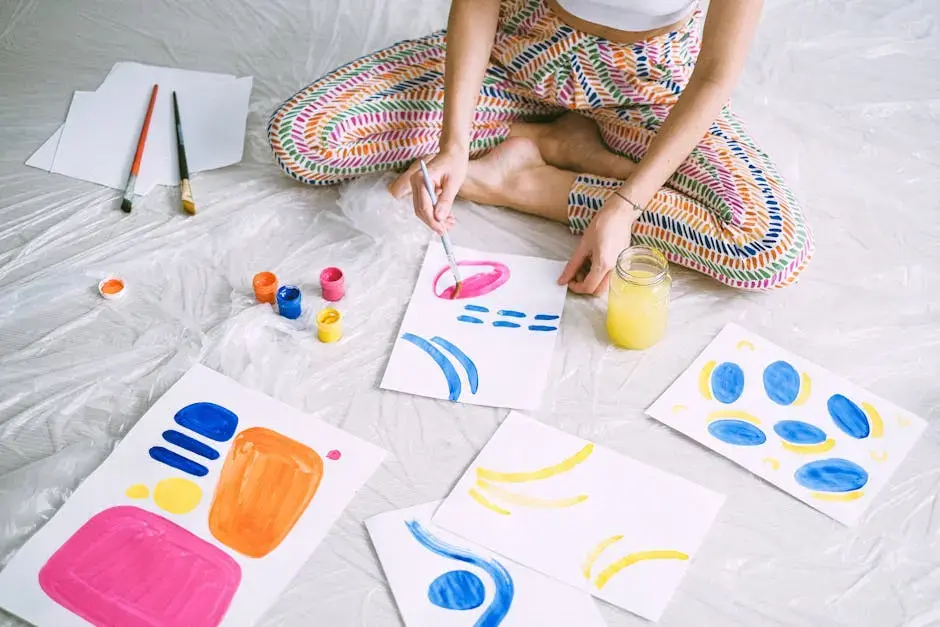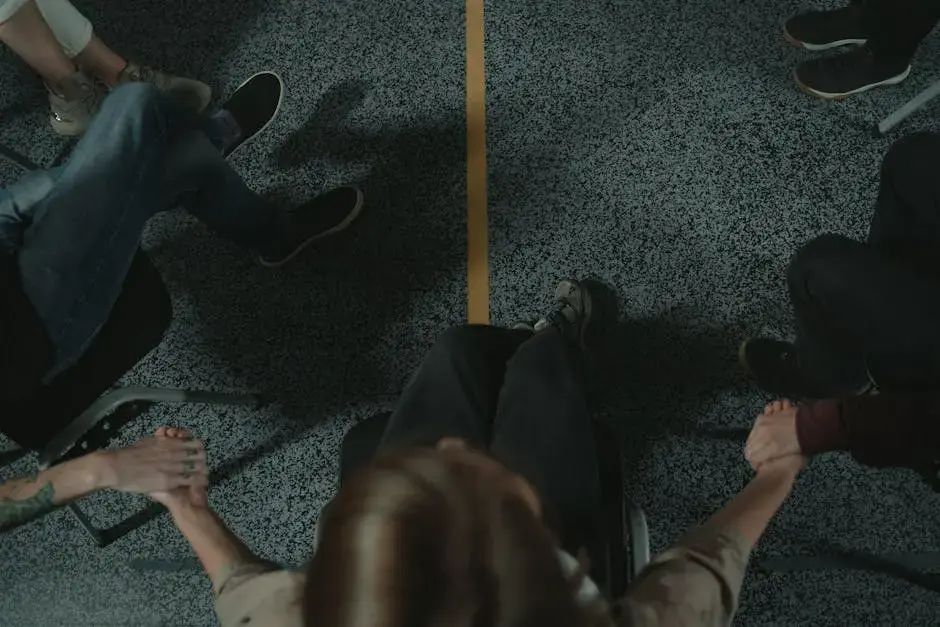7 Signs You Could Benefit from Seeing an Art Therapist
- Karrie Stafford

- Jan 3, 2025
- 4 min read
Art therapy is a unique form of therapy that harnesses the creative process to help individuals express themselves and work through emotional challenges. If you're feeling stuck, overwhelmed, or simply wanting to explore your feelings, you might be wondering if an art therapist could be the right fit for you. Let's dive into some signs that might indicate you could benefit from this transformative approach.

1. Feeling Overwhelmed by Your Emotions
Sometimes, emotions can feel too intense to express with words. Art therapy can provide a valuable outlet. When you’re confused or overwhelmed, it can be difficult to articulate just how you feel. Engaging in creative expression allows you to bypass the limitations of language and articulate emotions through color, texture, and form. The beauty of art is that it transcends words; it communicates raw emotion in a way that mere conversation may not capture.
Moreover, it's a chance to visualize those feelings—transforming what might be chaotic inside into something tangible and manageable outside. Imagine painting your worries on a canvas or molding them into clay. This act not only serves as an emotional release but also provides insights into your inner world, gently nudging you toward understanding.
2. Struggling to Express Yourself
If you find it challenging to communicate how you feel, art can be a liberating way to share your thoughts and experiences. In a world that often demands eloquence, many of us feel constricted by our inability to articulate our emotions. However, an art therapist can help you tap into your creativity, presenting a new avenue to express feelings and thoughts you might not know how to verbalize.
Take a moment to consider how it might feel to paint or draw your emotions. This process is not about the quality of the art, but about the freedom of expression. The simple act of transferring feelings onto a canvas can lift a weight off your shoulders. Often, participants report feelings of relief and clarity after they've had the chance to express their innermost thoughts through art.
3. Coping with Stress or Anxiety
Engaging in creative activities can be a fantastic way to manage stress and anxiety, making art therapy a soothing option. In times of high stress, our minds may feel like they are racing with endless worries. Art therapy can serve as an effective distraction and grounding technique. When you immerse yourself in a creative task, it's easy to lose track of stressors and focus on the present moment.
Furthermore, the act of creating something beautiful can boost your mood. It’s not only about the product; it’s about the process. Using your hands to create tactile artwork can send soothing signals to your brain, reducing anxiety levels. As you engage your senses through paint, clay, or other mediums, you may discover a calming depth that assists in managing those challenging feelings.
4. Experiencing Major Life Changes
Life transitions can be challenging. An art therapist can help you process these changes visually and emotionally. Whether you’re facing a shift in your career, the end of a relationship, or even a significant personal goal, navigating these moments can stir up a mix of emotions. An art therapist enables you to explore your feelings in a non-verbal way, providing tools to help you make sense of these chaotic emotions.
Creating art allows you to visualize your thoughts, helping you identify and articulate feelings you may not be fully aware of. Furthermore, it can preserve the experience in a visual format, allowing you to reflect on your journey and recognize your personal growth over time. Having a safe space to express vulnerability during a major life change can be empowering, reminding you that it’s okay to take time to adapt.
5. Desiring Personal Growth and Insight
If you're looking to deepen your understanding of yourself, exploring your feelings through art can be enlightening. Often, we find ourselves stuck in routine, leaving little room for self-reflection. Art therapy is a unique invitation to explore new aspects of your identity and feelings, leading to greater self-awareness.
Through various artistic mediums, you may uncover hidden desires, fears, and aspirations. The process can illuminate patterns in your life, offering fresh perspectives on how you interact with the world. Not only can this be a pathway to self-discovery, but creating art often reveals a deeper purpose and direction in life as you learn more about your innermost self.
6. Facing Past Trauma or Difficult Memories
Art therapy can create a safe environment to revisit and work through painful experiences at your own pace. Sometimes, confronting past trauma can feel daunting. An art therapist gently guides you, allowing you to express those feelings artistically rather than forcefully articulating them through speech.
Using colors, images, and shapes as a form of expression can facilitate a connection to those feelings without overwhelming you. The therapist can then assist you in processing these emotions, making sense of them in a way that feels manageable and safe. Many find healing through this reflective approach, allowing art to serve as both a mirror and a tool for transformation.
7. Wanting to Connect with Your Creativity
If you've always wanted to explore your artistic side, an art therapist can guide you while you unleash your creative potential. Many people have a creative spark within them but feel blocked or unsure of how to express it. An art therapist can nurture this instinct and provide a space where creativity can thrive, helping you reconnect with your inner artist.
The benefits of engaging with creative endeavors extend beyond the artwork itself. You might discover new interests, joys, and a different way of seeing the world. With the right guidance, art therapy can lead to a fulfilling exploration of your creativity while also enhancing your emotional intelligence and personal growth.




Comments